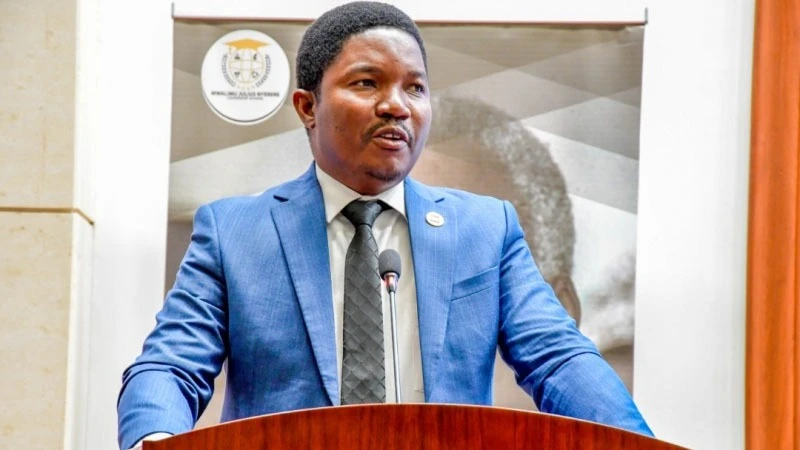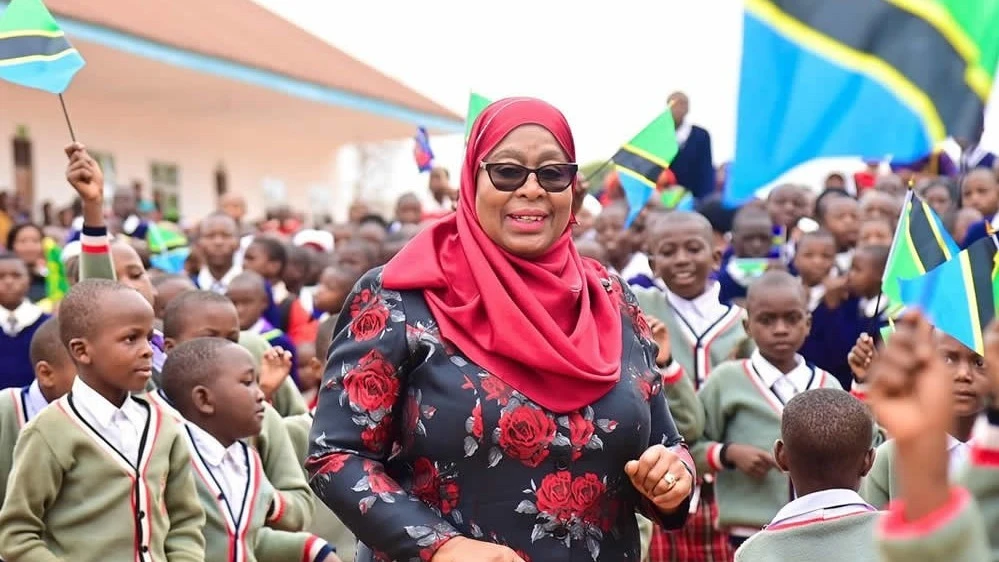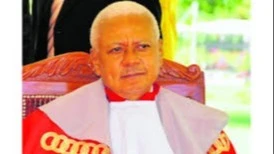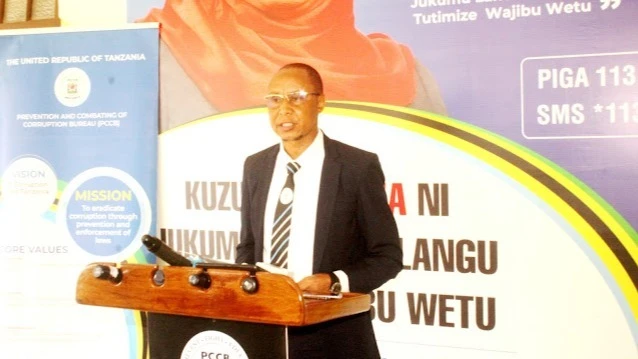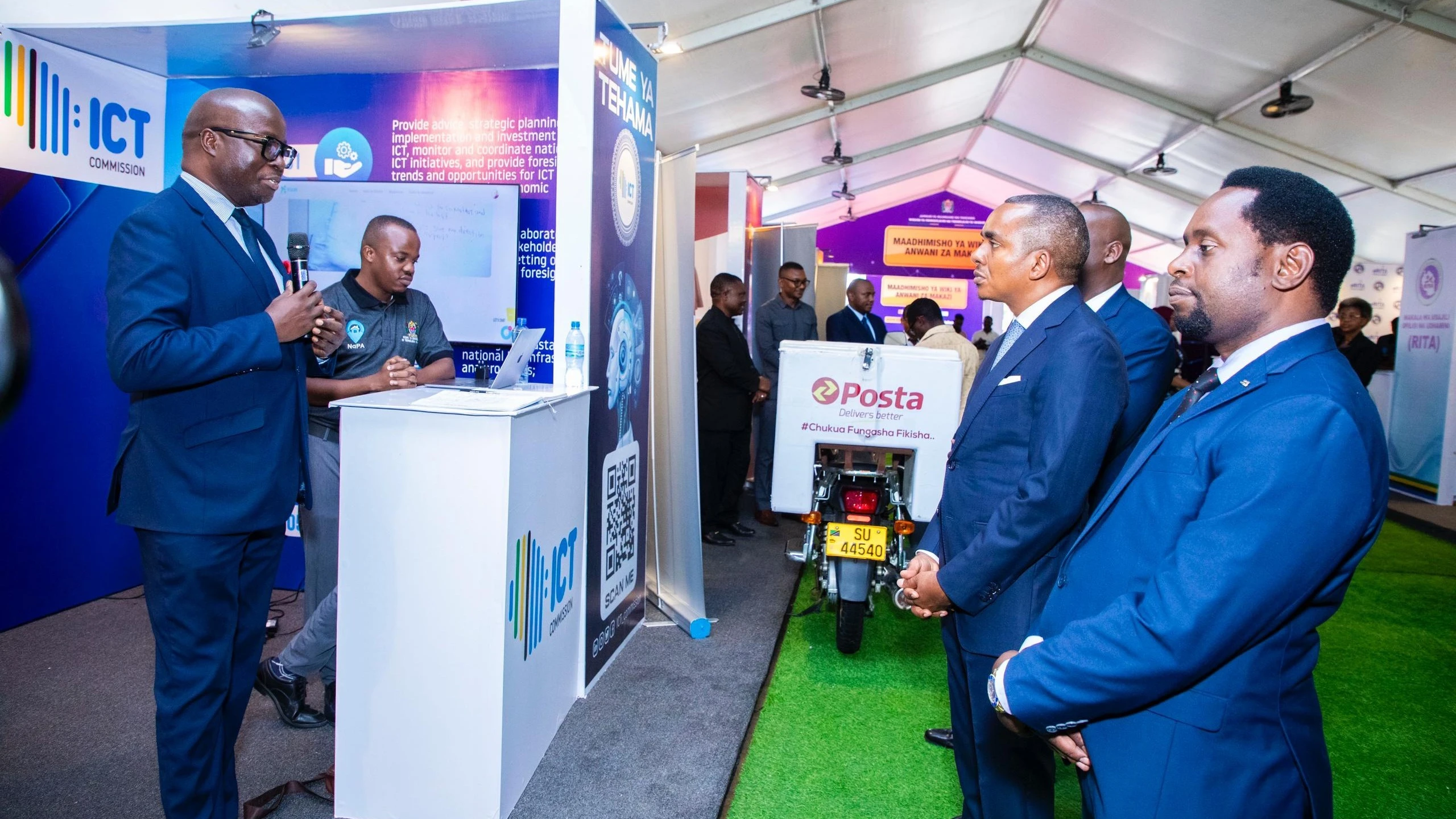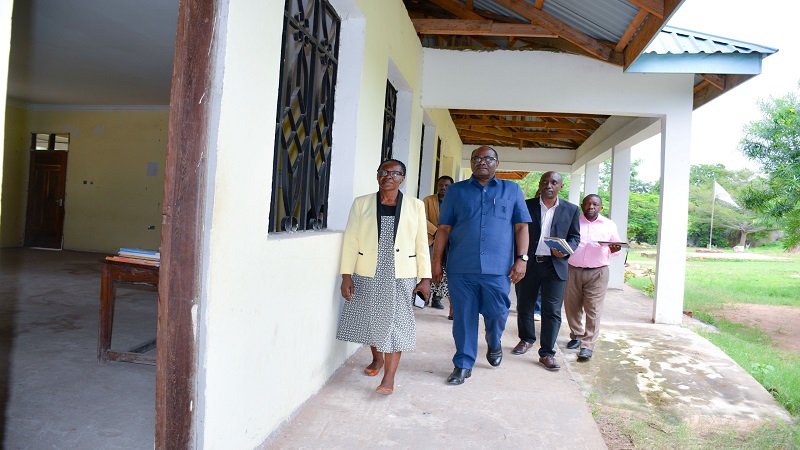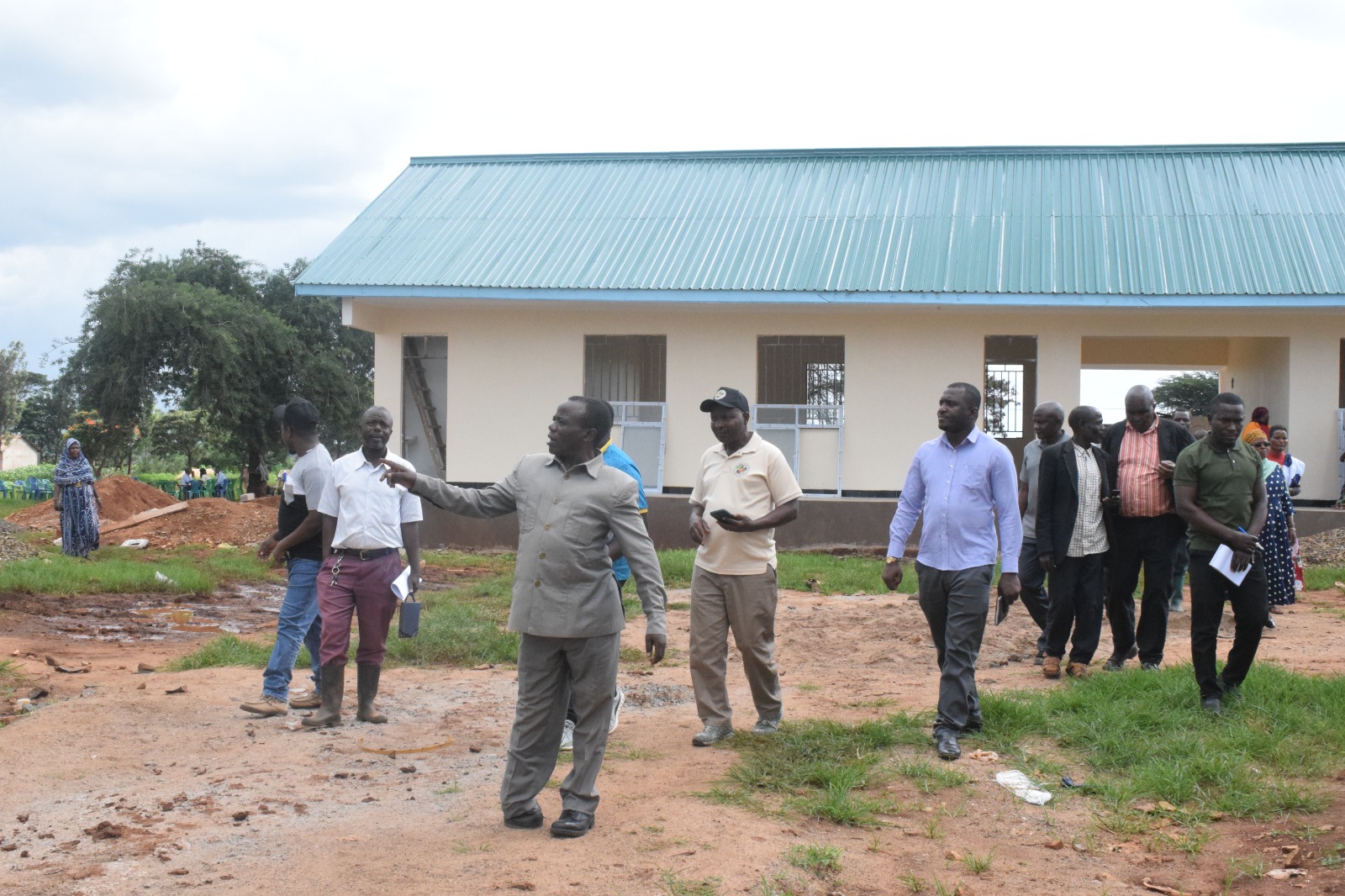Tanzania’s journey in 2024: A year of progress, challenges, moments of loss
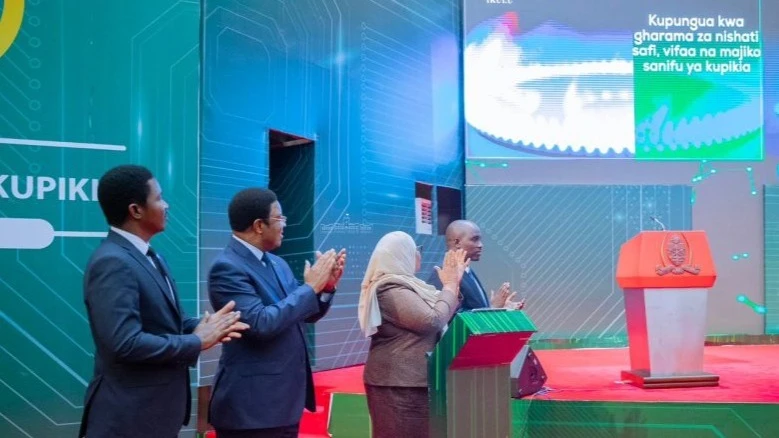
PRESIDENT Samia Suluhu Hassan continues to shine as a transformative leader in Tanzania, Africa, and the global stage. As a champion of clean energy, the Head of State leads initiatives to combat climate change and uplift the lives of women and girls
In May 2024, she launched a 10-year National Clean Cooking Strategy, aiming for 80 percent of Tanzanians to adopt clean cooking by 2034.
A 10-year comprehensive plan aims to transform how Tanzanians prepare their meals by promoting the widespread adoption of clean and sustainable cooking solutions. The strategy addresses multiple issues, including public health, environmental sustainability, gender equity, and economic development.
It seeks to reduce reliance on traditional biomass fuels such as firewood and charcoal, which are widely used in households by promoting clean cooking technologies like liquefied petroleum gas (LPG), electricity, improved biomass stoves and other modern alternatives.
At UNESCO headquarters in Paris, President Samia co-chaired the International Energy Agency Summit on Clean Cooking in Africa alongside Dr. Akinwumi Adesina, President of the African Development Bank Group; Jonas Gahr Støre, Prime Minister of Norway; and Dr. Fatih Birol, Executive Director of the International Energy Agency.
The strategy positions Tanzania as a leader in clean energy innovation in Africa, aligning the country with global sustainability goals such as the United Nations Sustainable Development Goals (SDGs), particularly SDG 7 (Affordable and Clean Energy) and SDG 13 (Climate Action).
Civic polls
On November 27th, 2024 Tanzanians voted for their leaders at local government level whereas posts being vied for included 12,280 village chairpersons, 4,264 street chairpersons, 63,886 hamlet chairpersons, 230,834 village council members and 21,320 street committee members
The election saw the ruling party—Chama Cha Mapinduzi (CCM), securing 98 percent of the seats. However, opposition parties claimed the elections were fraught with intimidation and irregularities.
Dorothy Semu, leader of ACT-Wazalendo, described the elections as neither free nor fair, citing harassment of opposition agents and other grievances.
A vision for the future
Tanzania has embarked on preparing the National Development Vision 2050, a blueprint for a prosperous, just, and self-reliant nation. Built on five pillars—high-quality livelihoods, peace, stability, unity, good governance and economic progress—the initiative seeks to involve citizens nationwide.
The vision aims to improve the overall quality of life for Tanzanians by ensuring access to essential services such as education, healthcare, clean water, sanitation, and affordable housing. It focuses on transforming Tanzania into a middle-income, self-reliant economy driven by industrialization, innovation, and technology.
Through the vision, the government strives to position Tanzania as a regional and global economic player by enhancing trade, infrastructure, and diplomatic relationships. This includes investments in modern transportation networks like the Standard Gauge Railway (SGR), ports, and energy projects.
Milestone in transportation sector
The year 2024 saw the Tanzania Railways Corporation (TRC) inaugurating its electric train service between Dar es Salaam and Dodoma in June.
This accomplishment signifies more than a leap in passenger numbers; it embodies a transformative shift toward modern, sustainable infrastructure, setting a powerful example of eco-friendly development in action.
The significance of this accomplishment extends beyond transportation statistics, weaving a narrative of economic progress, environmental responsibility, and an improved quality of life for Tanzanians.
Under the old diesel system, Tanzania’s railway struggled with inefficiency, delays, and a capacity far below the demands of its growing population.
The transition to electric trains marked a bold and transformative leap for the nation, addressing longstanding challenges of inefficiency, delays, and limited capacity.
Moments of loss
The nation mourned the loss of two iconic leaders in 2024. Former President Ali Hassan Mwinyi, who was famously known as ‘Mzee Rukhsa’ passed away aged 99 years from lung cancer.
His tenure (1985–1995) marked a pivotal shift from socialism to a liberal economy and multiparty democracy.
Former Prime Minister Edward Lowassa also passed away at 70 due to heart complications. Remembered for his ambition to lead the country, Lowassa played a significant role during President Jakaya Kikwete’s administration but was unable to achieve his presidential aspirations.
Tax protests by traders
IN June 2024, the country witnessed a nationwide strike when traders refused to open their businesses demanding for the government to adhere to their needs. T
The strike began at Kariakoo market in Dar es Salaam before it spread to other regions, including Mbeya, Morogoro, Mwanza, and Ruvuma.
Their major complaint was the unbearable taxes and unfair treatment by tax officers. But this is not an unfamiliar sight. In May 2023, businessmen in Tanzania went on a boycott opposing the introduction of new regulations by the Tanzania Revenue Authority (TRA) and of course the unfair treatment that they encountered from the authority.
In Dar es Salaam, traders called-off the strike after Regional Commissioner Albert Chalamila urged them to refrain from such strikes and instead seek to sit down and rethink about it. Chalamila said the issue of demonstration should not be considered as collective matter, but all sides to sit and arrive at a decision.
He said: “Let’s all unite to build Dar es Salaam, strikes are not a solution. We should not support them, because the strikes will also affect innocent people.”
Top Headlines
© 2025 IPPMEDIA.COM. ALL RIGHTS RESERVED











